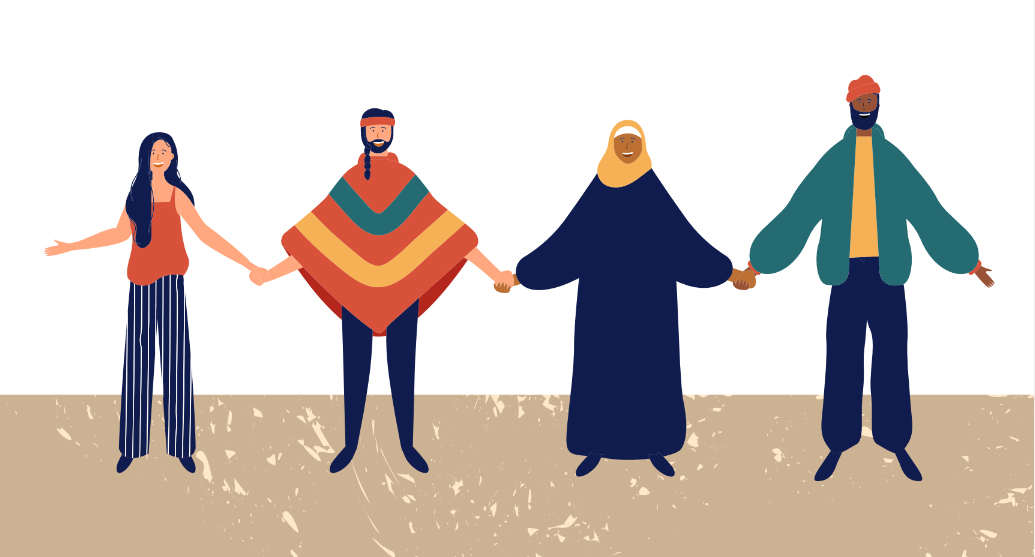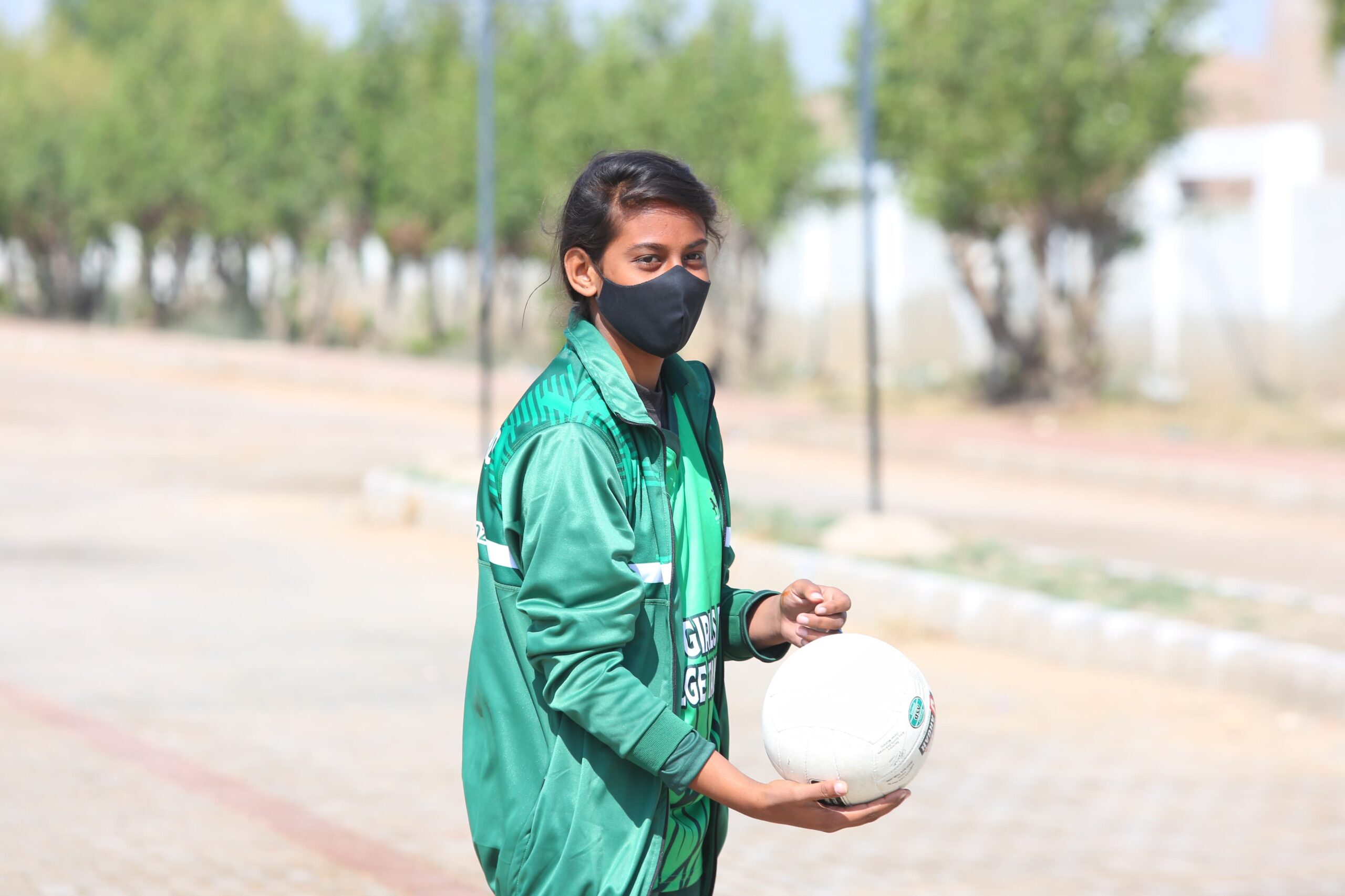By Ali Ashiq Sindhu
A stark reality emerges during the quiet hours of the morning, when the world appears to be at its most tranquil. Climate change, a term often shrouded in scientific jargon and political debate, is fundamentally a human story. It’s about the fisherman whose nets run dry as oceans warm, the farmer whose fields turn to dust, and the families forced to flee their ancestral homes in pursuit of a safer, more stable future. These stories, while diverse, share a common theme: they take place on the front lines of a struggle against an unseen enemy, with the stakes being nothing less than our planet’s future.
Human activity’s release of greenhouse gases into the atmosphere is causing the Earth to warm at a rate never seen before. While the effects of global warming are not felt equally in every place, some are more affected than others, with some seeing increased sea levels, more extreme weather patterns, and ecological changes. The implications impact livelihoods, health, and food security in addition to the environment and the economy and society.
However, this difficulty also presents a chance for creativity, invention, and leadership. Green infrastructure, sustainable agriculture, and renewable energy technologies are seeing a revolution as a result of the global reaction to climate change. Together, scientists, politicians, and entrepreneurs are working to lower emissions, improve resilience, and move towards a low-carbon economy. These initiatives aim to imagine a future that is equal, economic, and sustainable, in addition to reducing risk.
The story of climate change also functions as an appeal for solidarity. This is more than just an environmental issue; it is a matter of social fairness. The communities who have contributed the least to climate change are suffering the most from its consequences. It is critical to ensure that these communities have access to the resources and support they require to adapt. It is about fairness, compassion, and understanding how we are all interconnected in the global ecology. It pushes us to reconsider how we interact with the environment, consider whether our purchasing habits are sustainable, and support laws that safeguard the ecosystem and its inhabitants. It serves as a reminder that everyone has a responsibility to mitigate the effects of climate change, whether that responsibility is to lower our carbon footprint, support environmentally friendly companies, or spread awareness of the issue.
As we stand at this crossroads, the decisions we make today will shape the legacy we leave for future generations. The struggle against climate change is overwhelming, but there is also hope. Communities around the world are putting themselves together to take action, motivated by the belief that a better future is possible. From the halls of power to the streets of our cities, a movement is gaining traction, driven by the belief that we can reverse the tide on climate change by working together.


